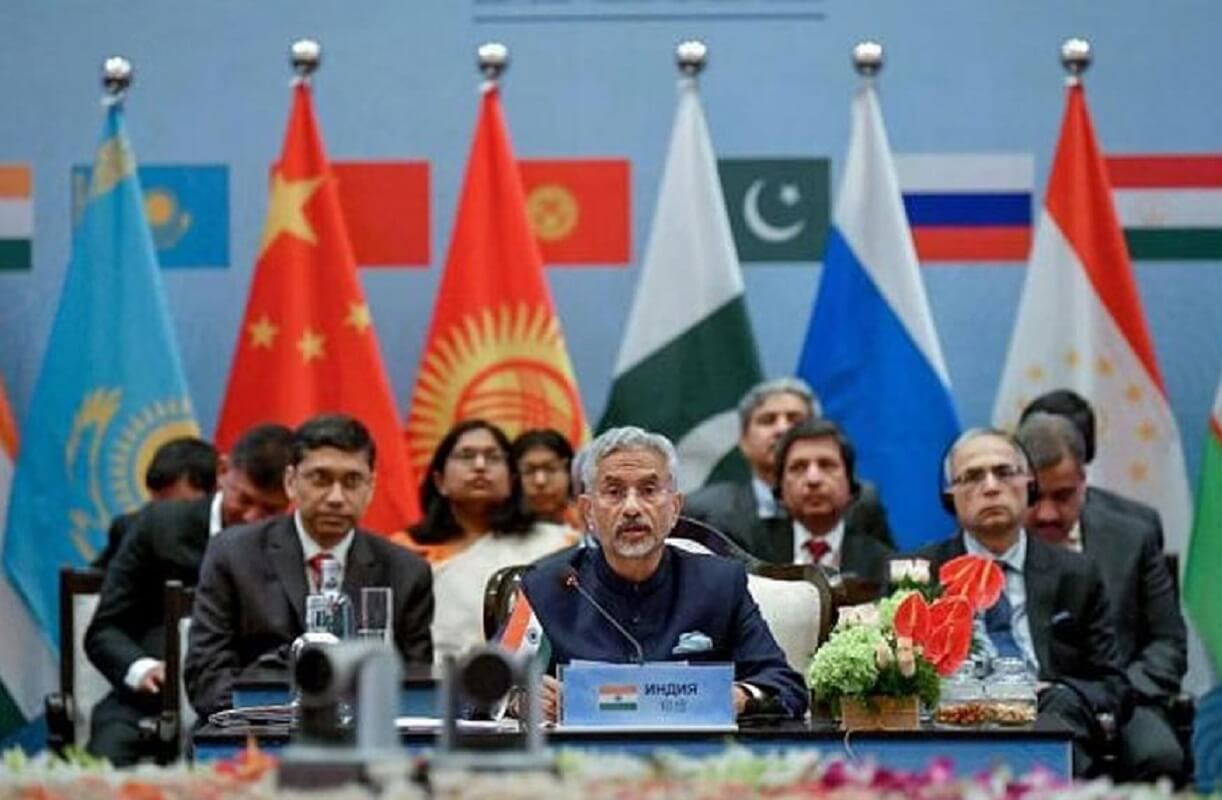India’s Balancing Act
Muhammad Haroon Shaukat | 01 September 2024
A recent study by RAND, conducted by Derek Grossman, claims that the relationship between the US and India remains “funda-mentally fragile.”
The recent visit to Kyiv by Prime Minister Narendra Modi, the first ever by an Indian Prime Minister since Ukraine became an independent country, replicated the usual balancing act that India has been performing especially since the Russian invasion of Ukraine. It was no coincidence that the visit took place as the country was celebrating its independence. The optics of the visit resonated well in the US-led West.
Weeks earlier, Mr. Modi had seriously irked the Western leaders when he chose to visit Moscow at a time that coincided with the NATO summit in Washington, on the occasion of the alliance’s seventy-fifth anniversary. That visit to Russia evoked public disapproval from the United States. According to a report by The Washington Post, India went ahead with Modi’s Moscow trip, despite concerns conveyed to New Delhi by Washington. Reportedly, senior Biden Administration officials were frustrated that the Indian Prime Minister was bear-hugging President Putin in Moscow as President Biden was inaugurating a major NATO summit in Washington. Mr. Modi was officially conferred the ‘Order of St Andrew the Apostle’ award by President Putin.
NDMA issues advisory on monsoon rains across Pakistan from september 2 to 5
As a strategic partner of the US, India, the world’s largest arms importer, has diversified its defence import portfolio and boosted its domestic defence manufacturing. However, it still procures over 50% of its defence equipment from Russia. Taking advantage of the consequences of the Russia- Ukraine war, India has significantly increased purchases of cheaper oil from Russia, which now provides 40% of its crude oil needs, up from just 1% before February 24, 2022. Before the Ukraine war, in fiscal year 2021-22, Russian oil accounted for only 2% of India’s total oil imports. The Middle East was the top supplier led by Iraq and followed by Saudi Arabia and the UAE. Today, Russia has become its top oil supplier. This shift has saved India $10.5 billion.
In Kyiv, Prime Minister Modi reportedly told President Zelensky that he was prepared to play a personal role in bringing peace. However, analysts contend that India does not possess the necessary credentials or genuine interest, beyond mere rhetoric, to make a substantial impact on either side of the conflict. Let’s not forget that when it concerns India itself, it does not encourage other countries to mediate on important issues like the Jammu and Kashmir dispute.
FIA interpol arrests proclaimed offender from Saudi Arabia
Ukraine’s recent incursion into Kursk, where it asserts control over more than 1,000 square kilometres, has prompted the Ukrainian President to suggest that these territorial gains could be leveraged for a land and prisoner exchange and to establish a buffer zone between the nations. However, Russian Foreign Minister Sergey Lavrov has stated that discussions with Kyiv are not an option.
A recent study by RAND, conducted by Derek Grossman, claims that the relationship between the US and India remains “fundamentally fragile.” The US is increasingly worried that India has never condemned Russia’s full-scale invasion. In fact, it has been supporting Moscow’s war economy. Last month, Delhi surpassed Beijing as the top importer of Russian oil, even as Russia faces severe Western sanctions. India is an active participant in organizations such as BRICS and the SCO, which are in many ways incompatible with US-supported groups like QUAD. BRICS is encouraging financial alternatives that may diminish the dominance of the US dollar as the primary global currency.
Ranking Grow ends training for second batch
Additionally, the US has substantial concerns about the erosion of democratic values and the treatment of minorities, particularly Muslims and Christians, under Prime Minister Modi’s BJP government. Releasing the most recent US State Department annual report on international religious freedom in June, the US Secretary of State Anthony Blinken noted, “In India, we see a concerning increase in anti-conversion laws, hate speech, demolitions of homes and places of worship for members of minority faith communities.” It was a rare direct rebuke to India. Recent reports regarding India-supported covert operations involving extrajudicial killings in Canada and the United States have also shocked Washington and raised doubts about the notion of ‘shared values.’
Taking full advantage of its strong and growing economy and its vast market, India has so far successfully played a balancing act of maintaining strategic ties with the US-led West and its traditionally close relations with Russia. In its preoccupation to counter China, the US has so far looked the other way on the Indian duality of policy. From George W. Bush onward, successive US Presidents have fortified India’s capabilities on the assumption that India as a key partner, will help the United States in its geopolitical rivalry with China. Ashley J. Tellis, writing for Foreign Affairs rightly argues that “Washington’s current expectations of India are misplaced” adding that the United States should not be under any illusions, irrespective of its very generous support, India would not join it in any military coalition against China.
Muhammad Haroon Shaukat is a retired Ambassador and Director of Foreign Affairs at the Centre for Aerospace and Security Studies (CASS), Lahore, Pakistan.
This article was originally published on The Nation.
Views in this article are author’s own and do not necessarily reflect CGS policy.
